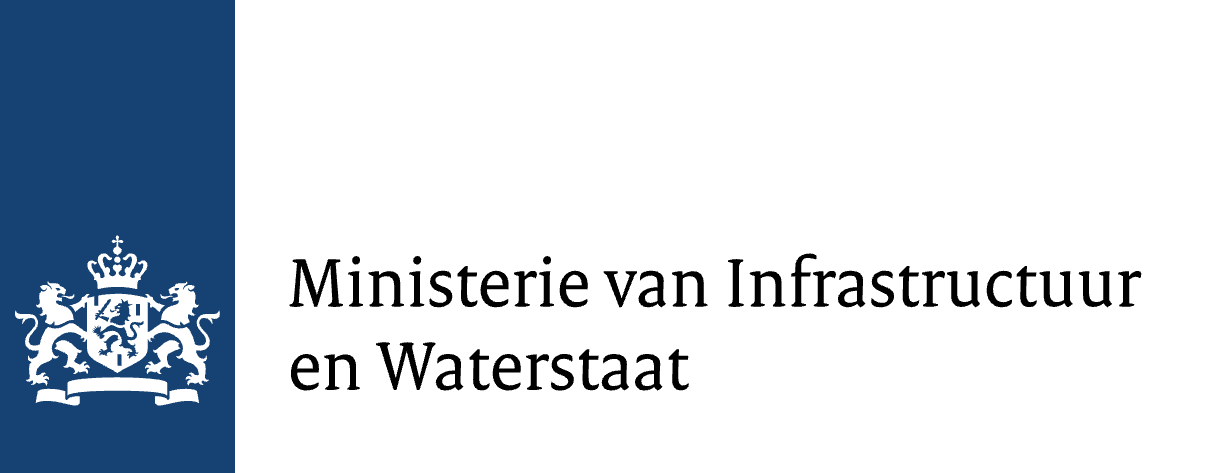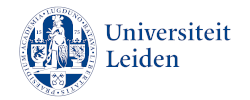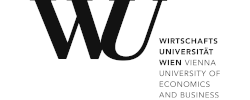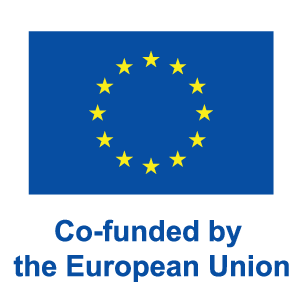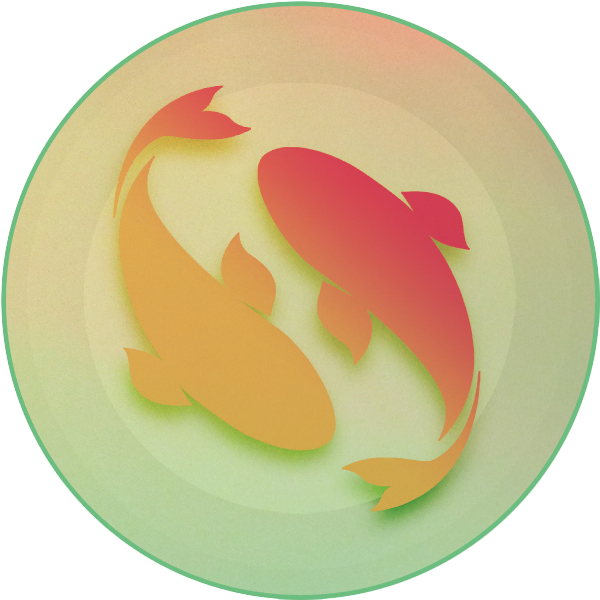
Objective of Work Package : We will develop models for quantifying impacts on species richness (expressed in PDF – potentially disappeared fractions of species) and on mean species abundance. All impacts will be developed in a spatially-differentiated way, where relevant, and we will account for regional and global species losses. The backbone for WP1 are GLOBIO and LC-IMPACT, which will be improved and expanded to cover a broader and more up-to- date set of impact categories for marine, terrestrial and freshwater ecosystems.
Methodology : Woods et al. identified seven main stressors for the marine ecosystems, namely climate change, ocean acidification, eutrophication, seabed damage, overexploitation, invasive species and marine plastic debris. We will work on developing new models for seabed damage and ocean acidification. This will complement existing models on marine eutrophication and climate change and models currently under development on impacts from invasive species, marine plastic debris and overexploitation within the ATLANTIS (ERC starting grant of F. Verones) and GLAM projects. LC-IMPACT will be improved with more sophisticated models regarding use, climate change for terrestrial, marine and freshwater systems, as well as eutrophication. Water consumption, terrestrial acidification and ecotoxicity will be updated depending on availability of more recent data. In order to assess impacts, we will link LC-IMPACT, the newly developed models for ocean-related impacts and the GLOBIO model to the hybrid MRIO model (WP3).
Output : WP1 will deliver global, regionalized characterization factors for impacts on species richness for new (ocean acidification, seabed damage), adapted (marine plastic debris, invasive species, overexploitation, climate change) and updated (land use, eutrophication, water consumption and, if possible, terrestrial acidification and ecotoxicity) impact categories. All of them will be incorporated in a consistent manner within the LC-IMPACT methodology and linked to the hybrid MRIO model developed in WP3. This method will then be used in comparison with the outcomes from WP2 to assess the impacts of trade (WP3) and transformative change scenarios (WP4) globally and in case studies.




